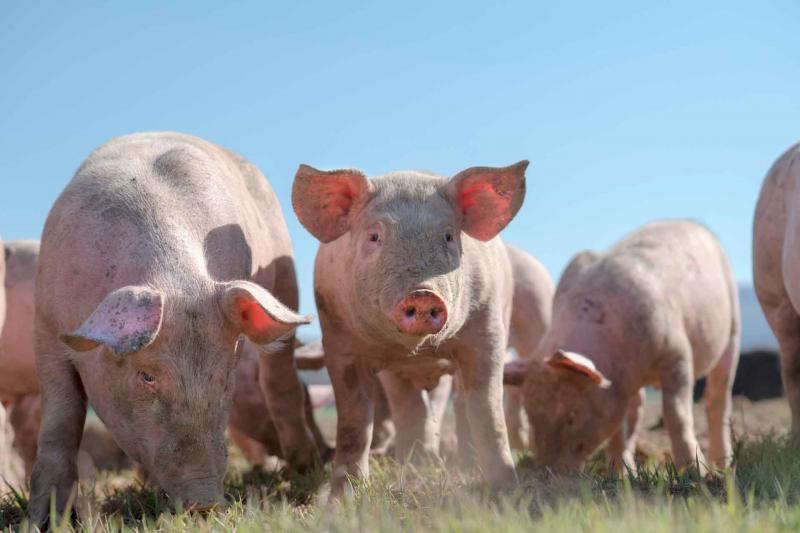Studies target novel PRRSV vaccine candidates
Pirbright partners with ECO Animal Health and The Vaccine Group to develop new PRRS vaccines.
October 15, 2020

The Pirbright Institute in the U.K. will undertake two projects with ECO Animal Health Group PLC to develop vaccine candidates for porcine respiratory and reproductive syndrome (PRRS).
According to the announcement, the first project is a tripartite collaboration among Pirbright, The Vaccine Group (TVG) and ECO, while the second project is a joint collaboration between Pirbright and ECO.
Collectively, the two PRRS virus (PRRSV) species (type 1 and type 2) are responsible for one of the most economically damaging diseases to the global pig industry, costing European pig farmers an estimated 1.5 billion euros each year, the institute said.
In the first 18-month development project supported and funded by ECO, Pirbright will test two vaccine candidates that use TVG’s vaccine technology to assess their effectiveness at tackling PRRSV in pigs.
The vaccines are created by using TVG technology to insert non-infectious conserved PRRSV genes supplied by Pirbright into a benign herpesvirus, which then stimulates the immune system when delivered into animals, Pirbright explained. Vaccines that use herpesviruses as their base have been shown to provoke particularly strong reactions from T cells, which are a vital part of the antiviral response.
“This is an exciting opportunity that brings together critical basic science and translational expertise towards addressing this major infectious disease in pigs. As PRRSV is a member of the Nidovirus group of viruses, a group that also contains SARS-CoV-2, what we learn from development of a PRRSV vaccine may also help inform our development of a vaccine against SARS-CoV-2,” TVG founder and chief scientific officer Dr. Michael Jarvis said.
In the second ECO-funded project, Pirbright will develop a significantly improved killed vaccine over 18 months. The team will generate modified PRRSV strains and then inactivate them to create vaccine candidates, the institute said. The strain modifications aim to prevent inappropriate antibody responses and enhance those that are thought to provide immunity against multiple strains of PRRSV.
This killed vaccine would offer an attractive alternative to the current generation of live vaccines, which are only partially effective against different strains and suffer from safety constraints owing to the potential for the live vaccine virus to revert back to an infectious form, according to the announcement.
Professor Simon Graham, PRRS Immunology group leader at Pirbright, said, “We look forward to starting these exciting projects with ECO and TVG, which will move us closer to addressing the urgent requirement for improved vaccines to combat the global spread of PRRSV.”
You May Also Like


